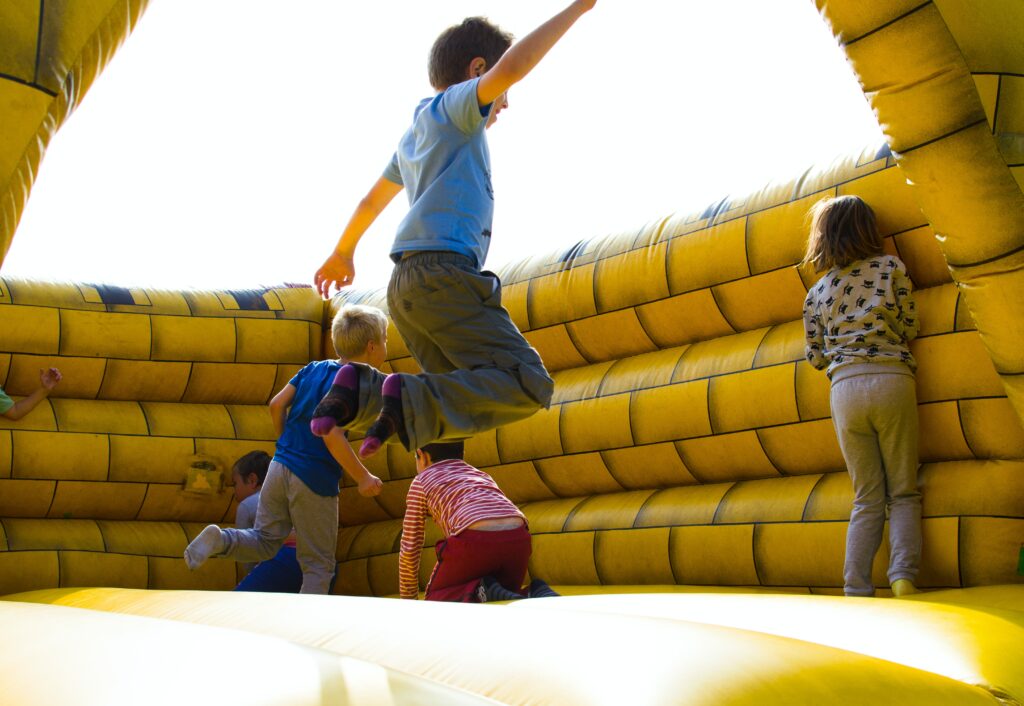Parenting is in the AIR!
As we create a warm, loving atmosphere for our children and focus on modeling appropriately, we create an atmosphere in which we don’t have to think about correcting behaviors on a constant basis.

By Dr. Ely Weinschneider
Quite a few years ago, on a rainy Sunday afternoon, my family and I were looking for a family-friendly activity. We ended up going to a really nice pet store, one we have never been to. Once we got there, much to my children’s delight we saw something I’ve never witnessed before: Behind a floor-to-ceiling glass wall was a trainer with more than a dozen dogs. I don’t know what they called it, but in my mind I named it Doggy Boot Camp, and it was a really interesting idea, and fun to watch: Basically, if your dog is chewing your furniture or not behaving, needs to be toilet trained, sit, roll over, you could send your doggy to Doggy Boot Camp, and they teach them. They train your dog and then they send your precious dog back, all house broken and ready to be obedient.
That is not parenting, that is behavior management. How to get your kids to listen, how do you get them to follow rules, is important, but if the majority of parenting is about managing behaviors, we’ve really missed the boat. All we would end up with is children who are managed/controlled. That’s not what it’s all about. Problem solving and behavior management are an aspect of parenting that we’ll get to, but what is much more important for helping our children flourish, is modeling the character traits and behaviors that we want to see in our children. As we create a warm, loving atmosphere for our children and focus on modeling appropriately, we create an atmosphere in which we don’t have to think about correcting behaviors on a constant basis.
Modeling is in the AIR- in our Actions, our Interactions, and our Reactions.
Modeling is in the AIR–
Actions,
Interactions,
Reactions.
Actions
Parenting permeates every aspect of our lives. Theoretically, if you could interview your one or two-year-old child who is barely verbal, what do you think they would say: What are my parents crazy about? What is super important to them? Are my parents passionate about their cell phone or their spouse? Money? Sports? Shopping?
I would recommend that we spend a few minutes reflecting on this theoretical interview. As we think about what our children witness, it will help us sharpen our focus, clarify what it is that we want our children to see and emulate. It’s pretty simple- what we truly value, they will value, what we are passionate about, they will be passionate about as well.
Interactions
Our children’s main teachers about the rules/guidelines of Emotional Intelligence are taught by us, by how we interact with our children, our spouses, and the world outside of our nuclear family circle. Our children, especially our very young children, are primarily learning from all of the micro, non-verbal messages that we are modeling, not very much by the conscious, verbal messages that we are telling them. How to talk, respect others, be considerate of others- all of this is learned by the modeling we are providing for them.
Reactions
Though it is difficult to control our automatic reactions to the small and big challenges that we may face, we again must realize that we are being observed 24/7 by our children, and when we react well, we are training them for life to handle life well as they go through life. Ask yourself: What do my children see when someone spills milk at the breakfast table? When I get a flat tire? When I am running late? How do I handle these situations?
While we all hope for an easy, smooth trip, the reality of life is that there are bumps along the road, both big and small. When we handle those “bumps” fairly well, we are model teaching our children to be resilient, and this is a vital life-lesson that they need to learn.
When we handle those “bumps” fairly well, we are model teaching our children to be resilient, and this is a vital life-lesson that they need to learn.

Though we cannot be perfect, nor are we expected to be so, when we become more conscious of our awesome responsibility and ability to affect our children, and aim to improve the modeling we are providing, we slowly but surely continue to grow and blossom as well. Ironically, this is the ultimate message that we need to model and convey to our children, and this is a message that needs to be seen by them in a multitude of ways: That their main role models are loving parents who are aware that they themselves are not perfect, but never stop trying to perfect themselves; parents who are aware of their personal challenges, and are constantly striving to improve and become the best version of themselves possible, while still respecting and valuing who are they are and the impact that they have on others.
